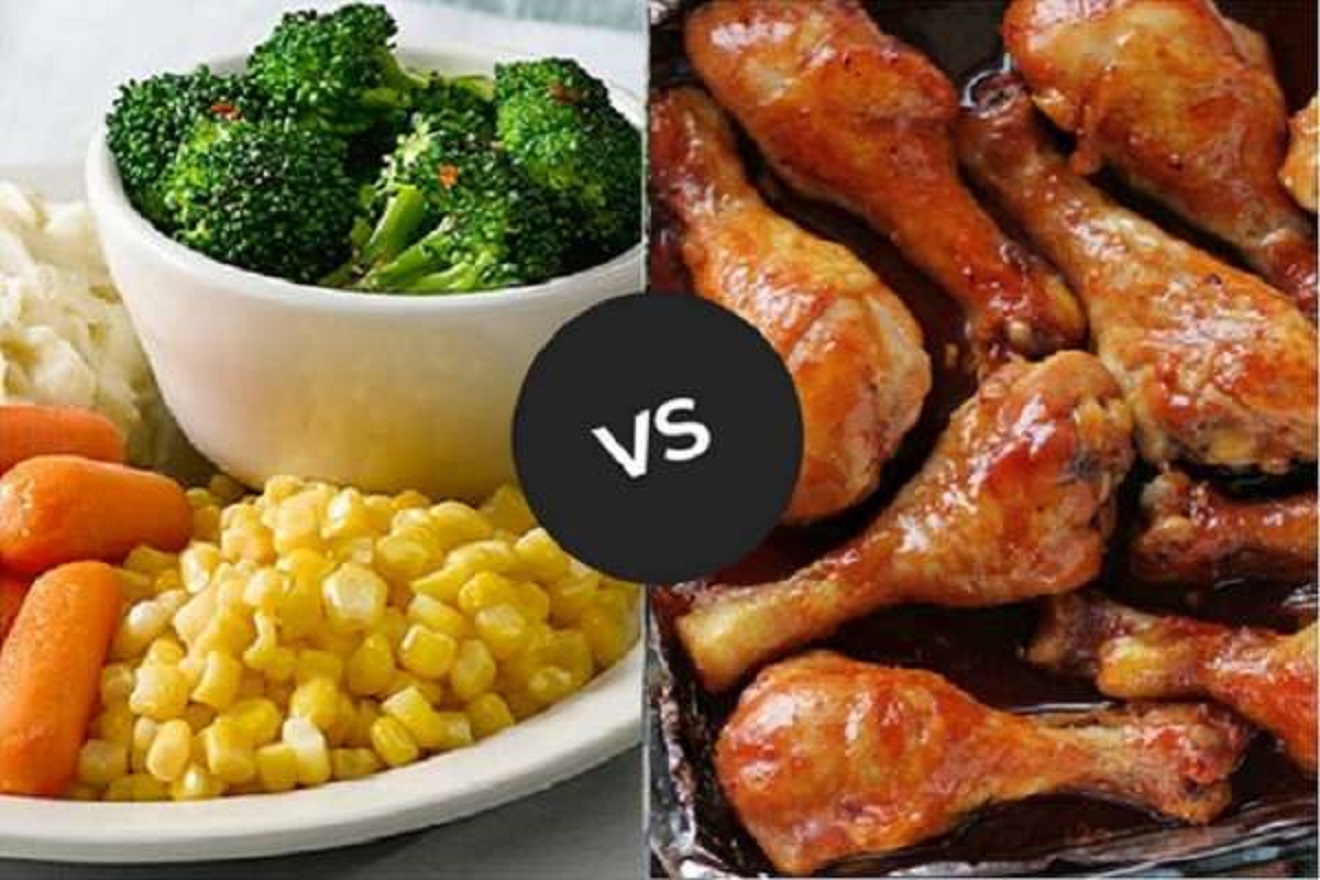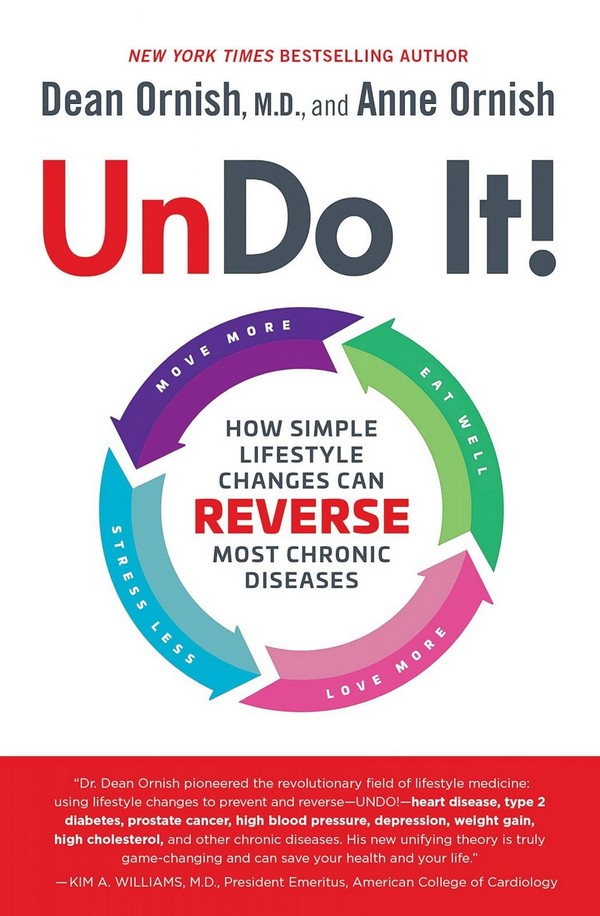The news of the recent outbreak of avian influenza in the dairies in the US has literally rattled the experts who are studying the symptoms since several years. Has the virus widespread among the cattle? How will it affect the humans? Nothing is clear as of now.

As Richard Webby, a virologist at St Jude Children’s Research Hospital points out, “”There’s a heap of unknowns right now,” What that means is the experts are clueless of what’s happening with the virus and the cattle.
It is stated that the first case of H5N1 bird flu strain was observed at North America in 2021 among the migratory birds. it was found to spread quite soon to the poultry farms. It is now seen affecting the dairy cows as well. It was reported that a person in Texas was found affected by the virus after he was exposed to the cows that were ill.
“We are in fairly unprecedented, uncharted territory, globally in relationship to avian influenza,” – this was the opinion of Dr. Peter Rabinowitz, director of the UW Center for One Health Research.
However, experts are claiming that the virus may not have the expected level of dangers for the public at least as of now. The virus does not seem to have mutated in such a way that it can cause a widespread pandemic like situation. Even when there are infections in humans, they are not in tune with the way a pandemic spreads. It is just an infection that is caused when one comes in contact with a sick animal.
As things stand as of now, Human-to-human spread of bird flu remains extremely rare. Unlesss you are in close contact with the birds, you may not get infected. you are more likely to be affected only when you are exposed to bird feces, dead birds, or when you are exposed to a lot of live birds.
Scientists are also of the opinion that even if the flu spreads to humans, it can be tackled through the existing bird flu vaccine.
In any case, at least as of now, there is no need to mobilise a larger pandemic response.









































Add Comment